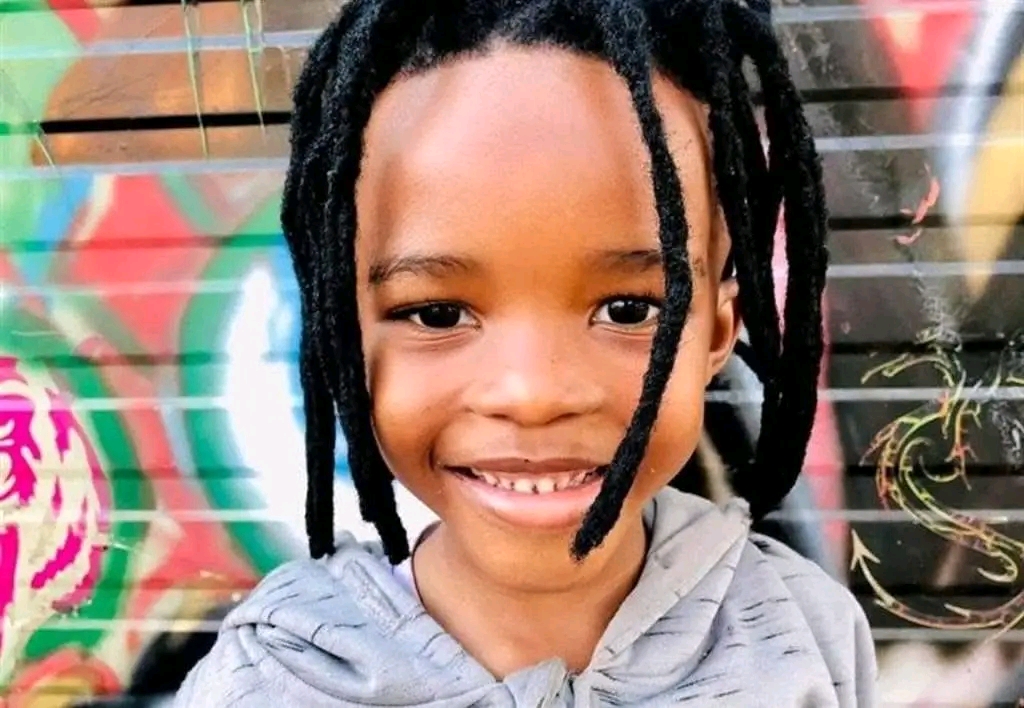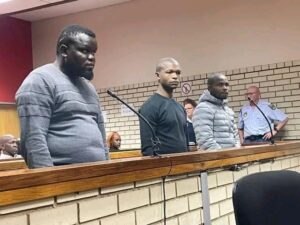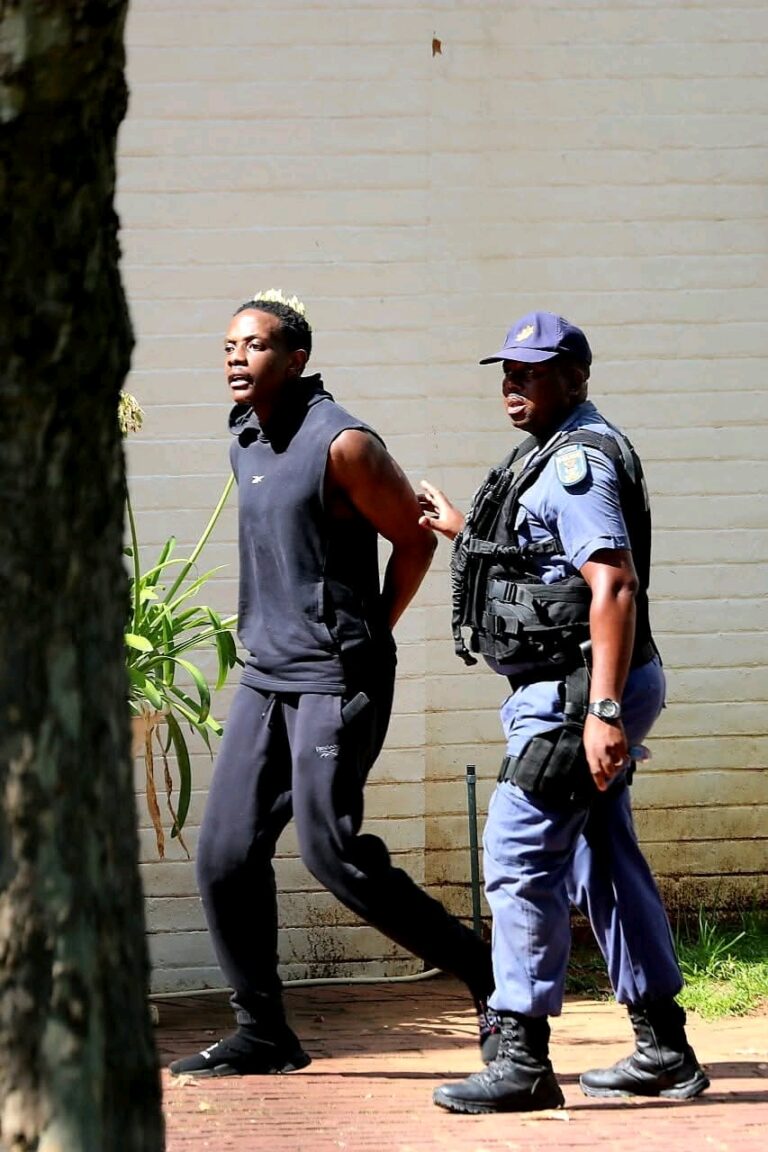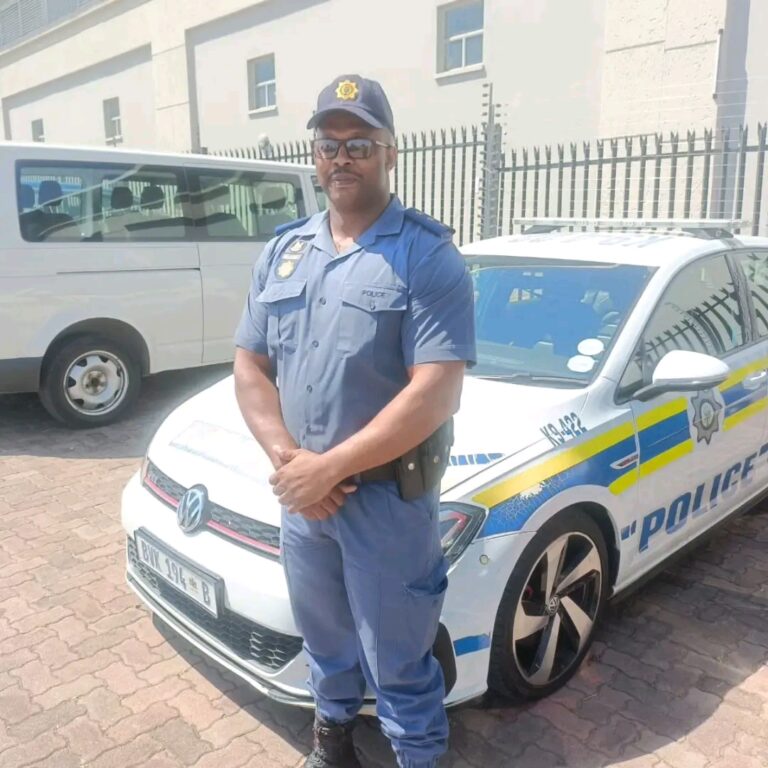
In a heartbreaking turn of events, South Africa was left reeling in May 2024 after the tragic killing of five-year-old Ditebogo “Junior” Phalane during a violent hijacking outside his family’s home in Soshanguve, located north of Pretoria. The incident not only shook the local community but also drew national attention due to the brutality of the crime and the meager amount for which the stolen vehicle was sold.
The tragedy unfolded when Ditebogo Jr. excitedly ran out of the house to greet his father, Ditebogo Phalane Sr., who had just arrived home. At that very moment, armed hijackers emerged and confronted the father and son. The assailants forcefully seized the family’s Toyota Hilux 2.8GD-6, a vehicle valued at around R600,000. During the confrontation, the suspects opened fire, fatally wounding young Ditebogo.
Despite desperate efforts by the family to save his life, Ditebogo Jr. was declared dead upon arrival at a nearby hospital. His death sparked widespread grief and outrage, particularly as more details emerged about the case.
Gauteng police launched an intensive investigation, which quickly led to the arrest of two suspects believed to be directly involved in the hijacking. Authorities were able to recover a vehicle thought to have been used during the crime, along with a firearm and a car jamming device—tools commonly associated with organized vehicle theft syndicates.
What shocked many even further was the revelation that the stolen Toyota Hilux was sold for only R33,000, a mere fraction of its actual value. This detail has fueled growing anger and disbelief among the public, underscoring the alarming scale and ruthlessness of criminal operations involved in hijackings and illegal vehicle sales.https://x.com/Am_Blujay/status/1910294429992092023?t=M2ZvivGUhi8Np1VNqP2pFA&s=19
The case has reignited conversations around violent crime in South Africa, particularly crimes involving children and families in residential neighborhoods. It has also raised serious concerns about the thriving black market for stolen vehicles and the ease with which criminals are able to traffic high-value cars for extremely low prices.
Communities have called for stronger law enforcement measures, more effective policing in high-risk areas, and stricter punishment for those involved in crimes that cost innocent lives. Advocacy groups and citizens alike are demanding action and justice—not just for Ditebogo and his family, but for all families impacted by such devastating acts.
As the investigation continues and the suspects face legal proceedings, the nation mourns the loss of a young life taken too soon. The memory of Ditebogo Phalane Jr. serves as a painful reminder of the urgent need to combat violent crime and protect the most vulnerable members of society.




